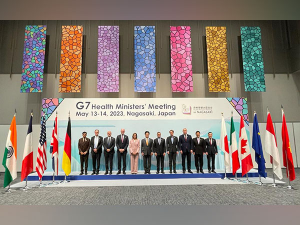Beijing: China’s smartphone maker Oppo has said that it will shut down its semiconductor division and cease development of its own chips due to the gloomy smartphone market and uncertainties in the global economy, Nikkei Asia reported.
Oppo on Friday said that it will “cease the operation” of Zeku, which is the company’s flagship chip development unit and stop the development of its own chips. The closure will affect several chips in its signature Marisilicon series, including its AI-enabled image signal processor (ISP) and its Bluetooth chipset, as per the news report.
It will also impact an upcoming smartphone processor that tapped the same cutting-edge chip production tech Taiwan Semiconductor Manufacturing Co uses to make chips for Apple’s iPhone. In a statement to Nikkei Asia, Oppo said, “Due to the uncertainties in the global economy and the smartphone industry, we have to make difficult adjustments for long-term development.”
Oppo’s decision shows the high entry barriers for electronics makers looking to get involved in chip development, according to Nikkei Asia. Currently, Apple and Samsung develop their own mobile chips and other chips for their own products.
The development comes after the smartphone market witnessed a decline of 11.3 per cent in 2022 from the previous year, Nikkei Asia reported citing IDC. The IDC has forecasted that the market could further decline in 2023.
Earlier in February, Oppo’s President of Overseas Sales and Services Billy Zhang in an interview with Nikkei Asia said that the company was seeing uncertainties ahead and expected that the market correction could last until July-September this year despite the success of its foldable smartphone rollout.
Oppo had decided to make its own chips after witnessing the effect of the US clampdown on Huawei, as per the news report. However, designing its own chips needed long-term efforts.
As per the news report, Chinese tech company Huawei Technologies used to design all of its core chips for smartphone and telecom equipment before a crackdown by the US government that restricted its access to cutting-edge chip production technologies.























